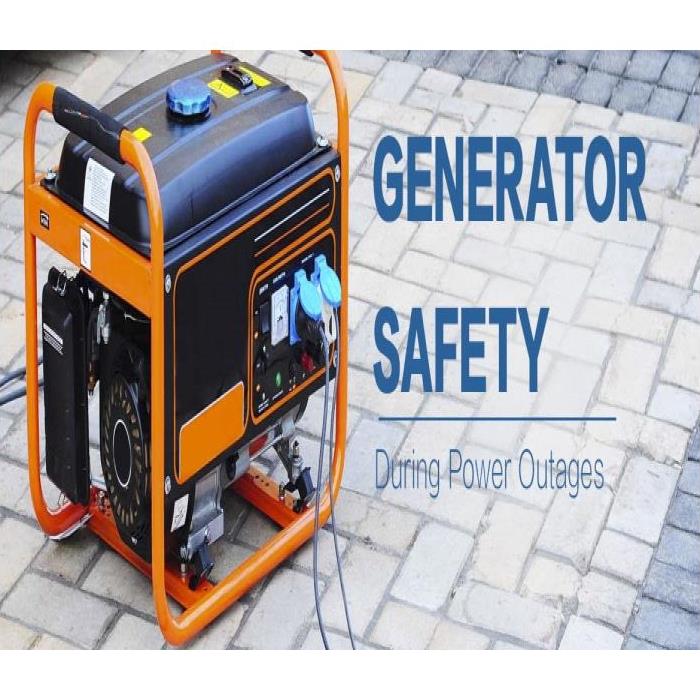Generator Safety, What You Need To Know
8/11/2021 (Permalink)
When a storm hits and your home loses power many people turn to a portable generator. Although generators may seem simple enough to use many people do not know the risks of operating one.
Using a generator indoors can kill you in minutes. The primary hazard is the likelihood of carbon monoxide poisoning from the toxic engine exhaust. Carbon monoxide does not produce an odor and is invisible to the eye. That is why it is important to practice safe handling.
- NEVER use a generator indoors including a garage (even with an open door). The best and only place you should place an operating generator is outdoors. Allow 5 feet of clearance around the generator and place it at least 20 feet away from your home, and be sure the generator exhaust fumes are away from all windows and doors to prevent traveling indoors.
- Install carbon monoxide alarms in your home. Follow the manufacturers guidelines for correct placement and mounting height.
- Avoid electric shock or electrocution by keeping the generator dry. Do notuse in rain or wet conditions, rain can permanently damage a generator and most manufacturers state that they should not be run in the rain, the generator produces enough electric power to cause a serious shock or electrocution if missed used. Keep the generator dry.
- When refueling be sure to turn off the generator and allow to cool, NEVER refuel a running generator and spilled gasoline on the hot engine parts can ignite causing an explosion. Do not overfill tank! Leave room for fuel expansion.
- Never smoke near a generator.
- Know the output rating of your generator. To prevent overloading select the right sized generator to handle the power requirements of your appliances you wish to use. Overloading can destroy not only the generator but also your electronics and/or appliances.
- Never plug directly to your homes wiring or household outlets. Plug appliances directly into the generator or use a heavy duty outdoor extension cord with the correct outage to handle your appliances. Never use a cord with exposed wiring.
Storage of fuel safely is just as important as operation of the generator. Store fuel outside living areas, such as a locked shed, in a properly labeled approved safety can. Use the fuel recommended in instructions for your generator. Some areas restrict the amount of fuel you may store so be sure to verify with your local fire dept. Do not store fuel near a fuel burning appliance like a natural gas water heater.
Practice proper generator handling to keep your home & family safe!

 24/7 Emergency Service
24/7 Emergency Service
